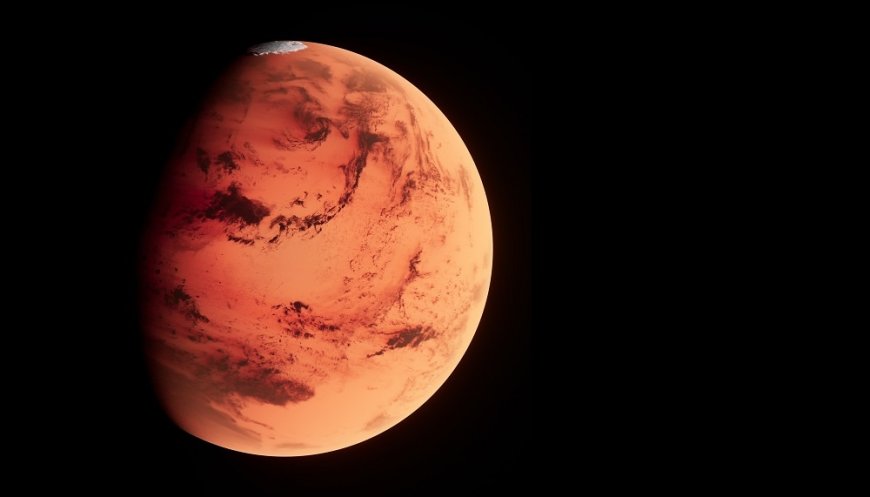Why Mars is barren and uninhabitable: Nasa rover finds mineral clue in Martian desert
Nasa's rover discovered rocks rich in carbonate minerals on Mars, shedding light on why the planet is mostly a desert. The presence of these rocks suggests brief periods of habitability in the past, but Mars lacks the volcanic activity needed to sustain a warm, wet climate like Earth's. Scientists hope to find more evidence of carbonates and potentially ancient life on Mars.

Why is Mars barren and uninhabitable, while life thrives on Earth? A Nasa rover discovery suggests that Mars, once with sporadic rivers, is now mostly a desert planet lacking liquid water. Mars has necessary life ingredients except water. Ancient rivers and lakes on Mars show past water flow. Rovers search for signs of past life. Curiosity rover found rocks rich in carbonate minerals, crucial for trapping carbon dioxide. Study shows Mars had brief habitable periods followed by long barren desert times. Mars lacks volcanic outgassing like Earth, making it colder. Perseverance rover found carbonates at a dried-up lake. Scientists aim to find more evidence of carbonates and study Mars rocks. The search for life on Mars helps understand habitable planets. Discovering ancient life on Mars could reveal the ease of life's origin.
What's Your Reaction?
 Like
0
Like
0
 Dislike
0
Dislike
0
 Love
0
Love
0
 Funny
0
Funny
0
 Angry
0
Angry
0
 Sad
0
Sad
0
 Wow
0
Wow
0



































































































































































